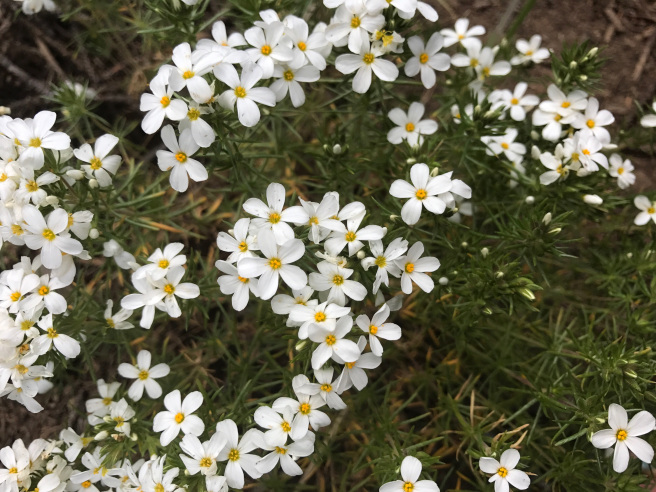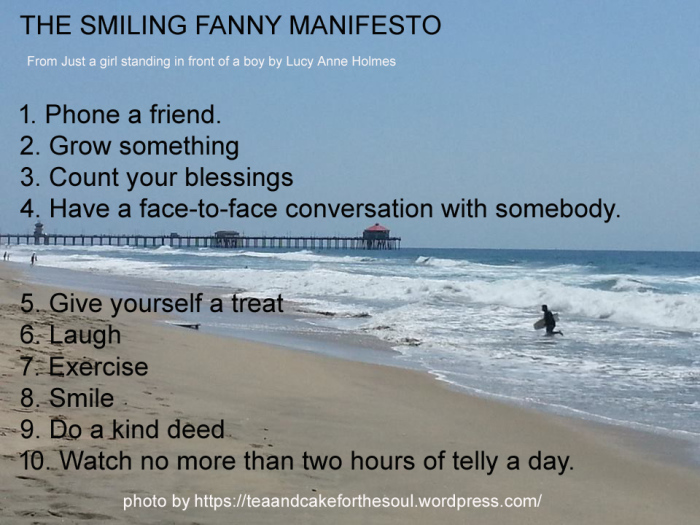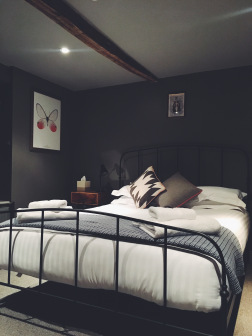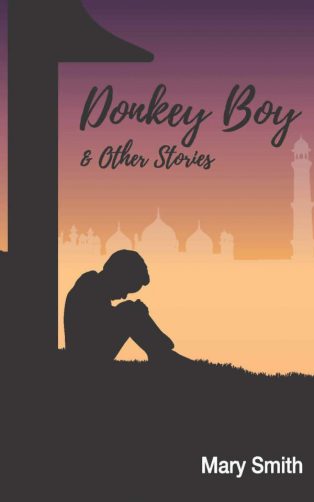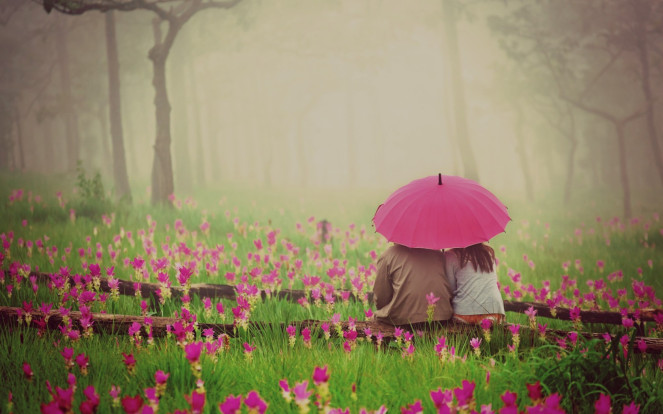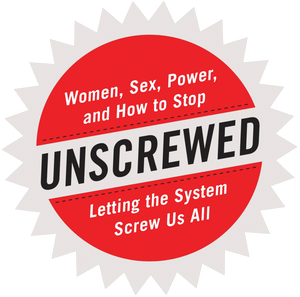It seems that every few weeks, this blog turns into a diary of my emotional health practices. Sorry if you’re not here for that, but I obviously am (this is my blog, after all).
On my radar most recently has been mindfulness. A few months ago, I found Alayna Fender’s Youtube channel. She has made a series on mindfulness and self-compassion. The way Alayna talks about mindfulness makes it feel extremely accessible; it’s not about striving or reaching some perfect Zen state. It’s about noticing your days and moments as they are happening.
We should approach every experience as if it’s our first time. We take the ordinary for granted. We take the things we see and smell and taste and feel every single day for granted. Even though you’ve heard the wind in the trees a thousand times, notice it. Hear it again. Approaching every experience as if it’s a new one strips away our previous judgment and allows us to have a fresh start.
Noticing is hard. It takes energy that, when I’m in the thick of a semester and trudge from bed to work to class to bed, I think isn’t available for such a frivolous thing as being mindful. It requires that I open myself up to excitement and enjoyment as well as pain and disappointment—and every other ordinary emotion in between. But the expended energy is worth it to so I can catch up with myself throughout the day and readjust plans if necessary.
Alayna’s videos pair nicely with a book I read for my communication theory class last winter: The Most Human Human, by Brian Christian. Brian explores the question of what it means to be human. I find his answers satisfying. The key to being human, Brian concludes, is showing up to the moments that compose our days and resisting the temptation of streamlined interactions that our automated, autocorrected world offers us.
…complacency—because it is a form of disengagement—is a whisker away from despair. I don’t want life to be “solved”; I don’t want it to be solvable. There is comfort in method: because we don’t always have to reinvent everything at every minute, and because our lives are similar enough to others’ lives, the present similar enough to the past that, for example, wisdom is possible. But wisdom that feels final rather than provisional, an ending rather than a starting point, that doesn’t ultimately defer to an even larger mystery is deadening (92).
Sinking into the comfort of routine is nice; routine can keep us sane. A morning cup of tea, reading before bed, soaking in a hot bath once a week—these routines helped me through weeks of grad school and teaching. But routine can also deaden us, as Brian says. It can lead us to approach our days as obligations and our encounters with the people around us as drudgery. If we only see as far as our routines allow us, we blind ourselves to the details and delights of the wide world beyond our expectations.
Mindfulness helps me expand my vision. It’s a practice I’m trying to pick up in this interim season of my life when I’m living once again in my childhood home. Here and now, mindfulness is prayer.
If you’re interested in mindfulness or what it means to be human, I highly recommend Alayna’s video series and Brian’s book.
The highest ethical calling, it strikes me, is curiosity (257).
